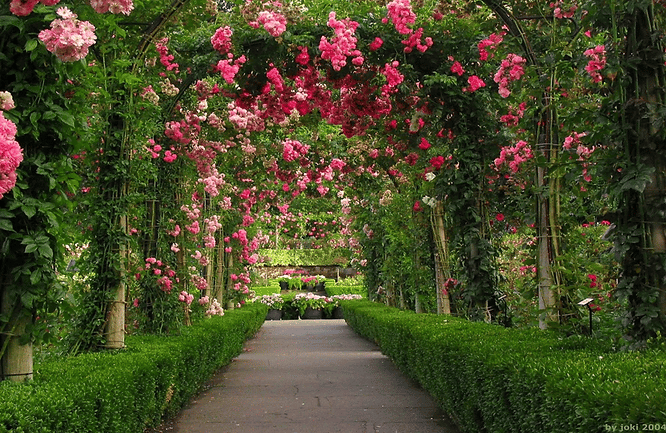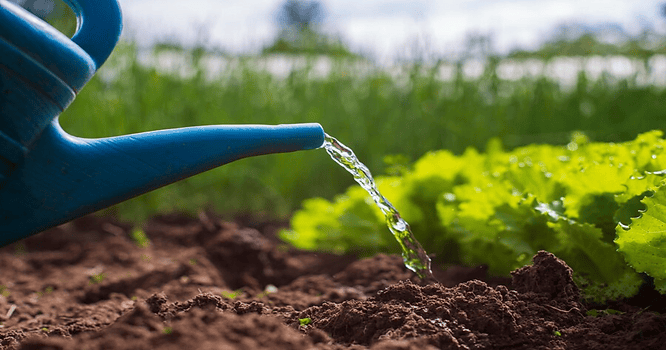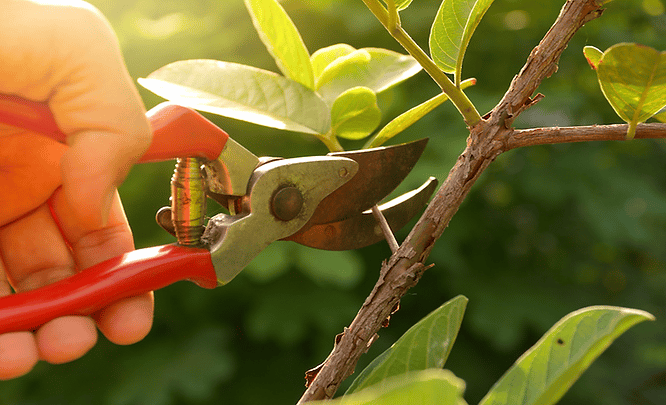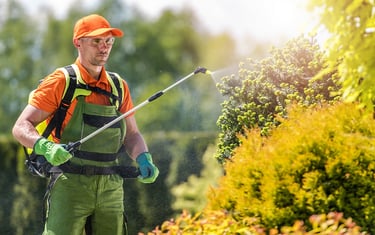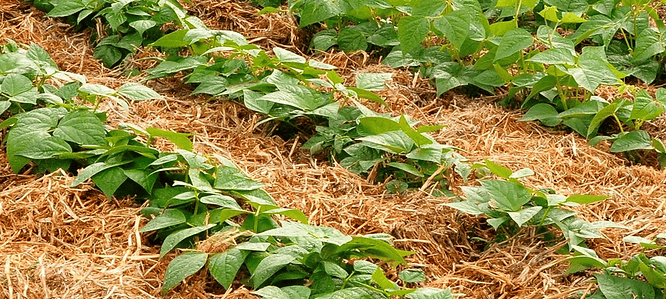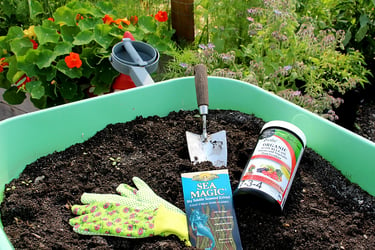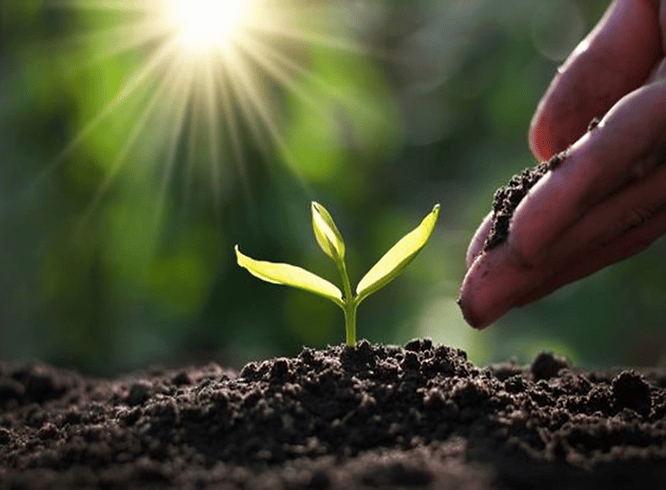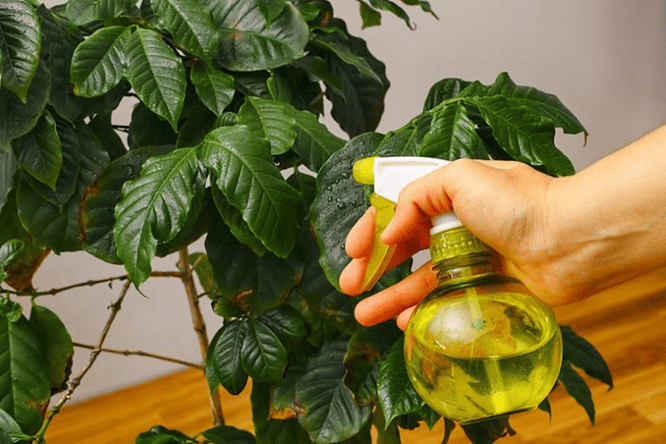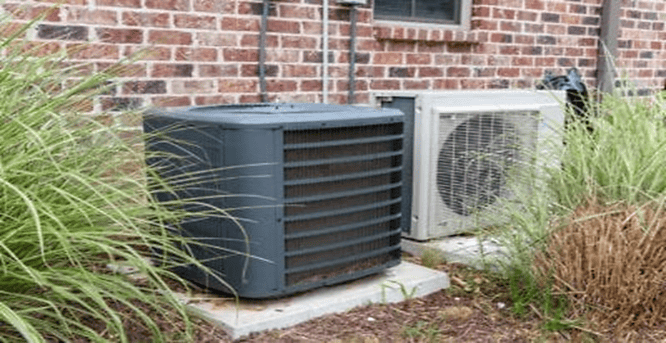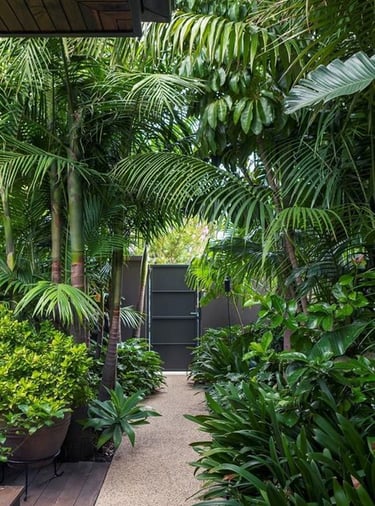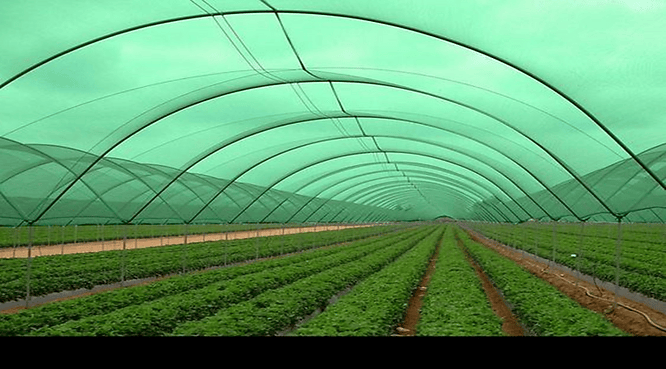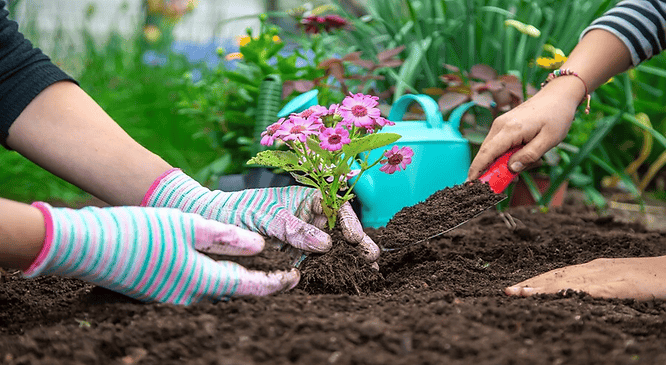Keeping plants healthy and happy during the soaring heat of the summer requires less effort than many would imagine. For the beginners and the experts gardening is a great hobby and really satisfying. Gardening is not too difficult as some would imagine, it’s about gaining basic knowledge and applying common sense. Always remember, Prevention is better than cure. Let’s see the useful tips on keeping your plants healthy and blooming during the summer time.
During summer months, your plants require additional water needs. Plants grow actively during summer months. Keep your plants well hydrated at all times. Make sure, potted plants get adequate water as they are more susceptible to under watering. Adequate watering also helps in transport of minerals from the soil to the tips of the plants.
Pruning should be done in the beginning of the summer months, ideally after the rainy months are over. We prune plants, to remove dead branches, bad foliage and also unnecessary branches. Pruning plants also helps the plants conserve energy otherwise lost on repairing unnecessary branches, and also to stop the loss of excess water through transpiration.
As the summer months are known as the growing season, we cannot loose time due to pests. They not only hamper growth, also suck away vital nutrients off the plants. Use recommended organic or bio pesticides that may not harm the plant and the bio diversity around your garden. During watering session, look out for signs of pest like pest nibbles on leaves, pest droppings, disfigured leaves and discoloured leaves.
Always keep your plants covered with a layer of mulch. This helps with reducing water loss and evaporation due to heat. Use hay, dried leaves or even coco peat on the top of the soil. This top layer coverage will keep the soil moist at all time during the day.
Plants growth is at its maximum during summer after a dormant cold season. They need a lot of energy during this period. Fertilizing them during this period is a must. Be it indoor, outdoor, flowering varieties or the fruiting type, they need food for growth. Apply cow dung, vermicompost, bone meal, neem mix powder or even mustard cake. Talk to your nursery about, which type of fertilizer your plant needs the most.
Plants love sunlight. Plants need sunlight for photosynthesis and growth. Even though uninterrupted sunlight is good for your plants, morning sunlight is the best for potted plants. Relocate your potted blooms and veggies, so they get maximum morning sunlight.
Misting your plants, helps in increasing the humidity around the plant and it also helps in removing dust and dirt on the leaves. Clean foliage promotes maximum photosynthesis and makes the plant look clean and healthy.
Many gardeners take ventilation of their garden for granted. Never place plants around AC units. The hot air from the unit will burn the leaves of your beautiful plants. Stagnant air invites pests and increases the heat around the area. Make sure there is sufficient air movement around your garden, especially during summer days.
Arranging plants in clusters helps the plants to maintain humidity around the plants. Arrange tall plants with short ones, as the shorter plants will not only get shade, but water evaporation in the pots will be reduced. Arrange pots in clusters towards the wind direction.
10. SHADE/ FILTER FROM THE SUN
All plants love the sun, but like it more than the others. Plants like Aglonemas, Philodendrons and Arums don’t like the afternoon sun and love a bit of shade. Place them, where they receive morning light and shade in the midday. Also, we can use shade net for the garden if we have a lot of plants to cover. Shade nets filter not only the harsh midday sun, but also reduce water evaporation during the day. It also helps in maintaining the humidity underneath it.
We have listed some of the tips above, but you can also invest in automated drip irrigation or sprinkler system, if you find time is hard on you. A moisture meter is a handy tool during summer days if you find your plants drying up on you quickly.
End of the day, follow what works for you the most, and enjoy your gardening.
